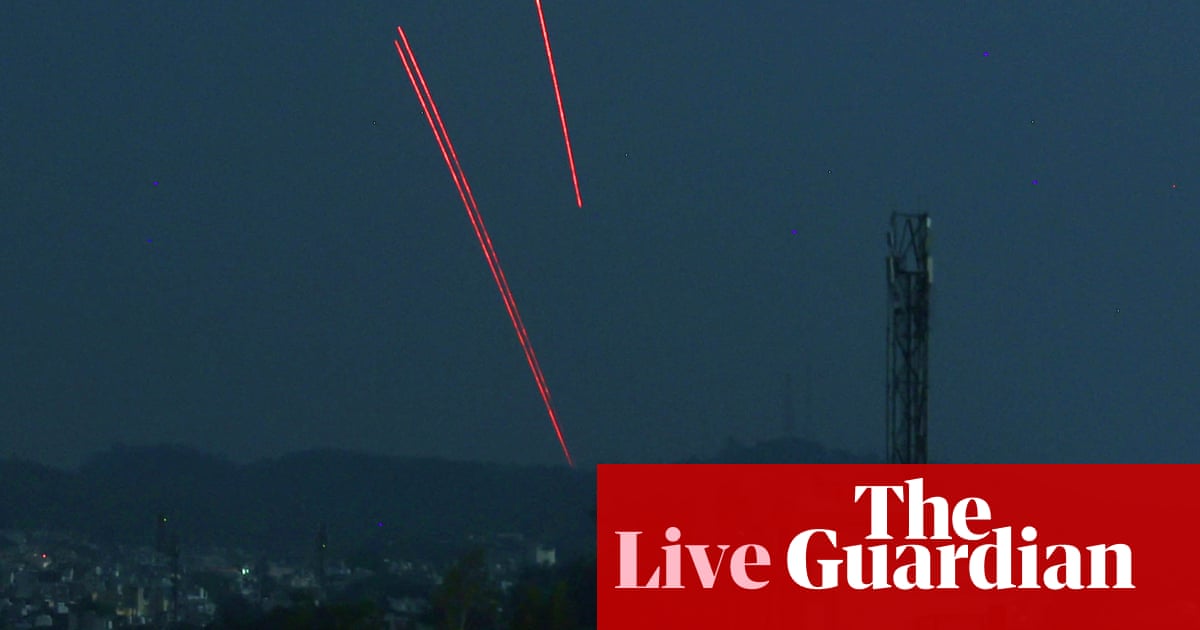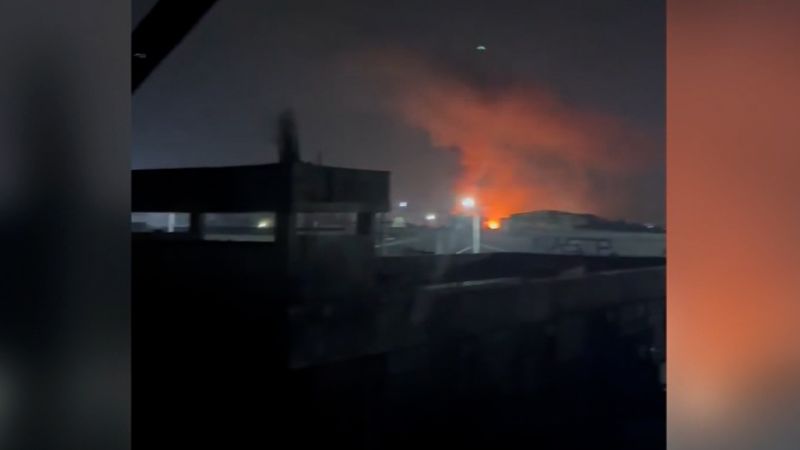The tensions between India and Pakistan have escalated to new heights, with both countries conducting missile strikes on each other's military bases. This recent development marks a significant escalation in the conflict between the two nuclear-armed neighbors. The situation has drawn the attention of global powers and raised concerns about the potential for a full-scale war.
On one side, India accused Pakistan of launching strikes on numerous airbases and military installations across north India using a variety of weapons, including long-range missiles, drones, and fighter aircraft. Pakistan, on the other hand, retaliated with a counter-attack under the banner of "Operation Bunyan Ul Marsoos." The conflict has extended beyond the disputed region of Kashmir, signaling an unprecedented level of aggression between the two nations.
The international community, including the United States and the G7 countries, has called for immediate de-escalation to prevent further bloodshed and minimize civilian casualties. The role of global mediators is seen as crucial in finding a peaceful resolution to the conflict. This latest bout of hostilities has strained diplomatic relations and raised fears of a potential world war, underscoring the fragility of the current geopolitical landscape.
The situation on the ground remains tense, with both sides exchanging accusations and engaging in retaliatory actions. India's Prime Minister Narendra Modi is convening high-level security meetings to address the escalating tensions, while Pakistan's defense minister has indicated a willingness to de-escalate if international mediators facilitate dialogue between the two nations.
As the conflict intensifies, the need for immediate intervention and conflict resolution mechanisms becomes increasingly urgent. The posturing of both countries and the risk of miscalculation heighten the likelihood of further military actions, making the role of international mediation crucial in preventing a full-blown war.
In this volatile situation, the fate of peace in the region hangs in the balance, with India and Pakistan locked in a dangerous escalation that threatens regional stability and global security. The need for diplomatic intervention and dialogue has never been more pressing as the world watches closely to see how this unfolding crisis between two nuclear-armed states will evolve.


